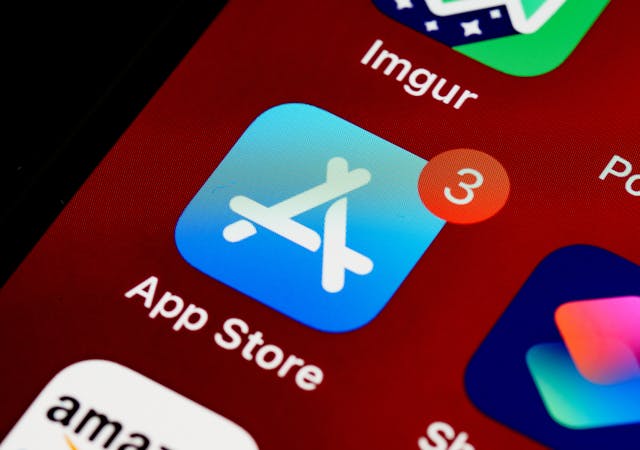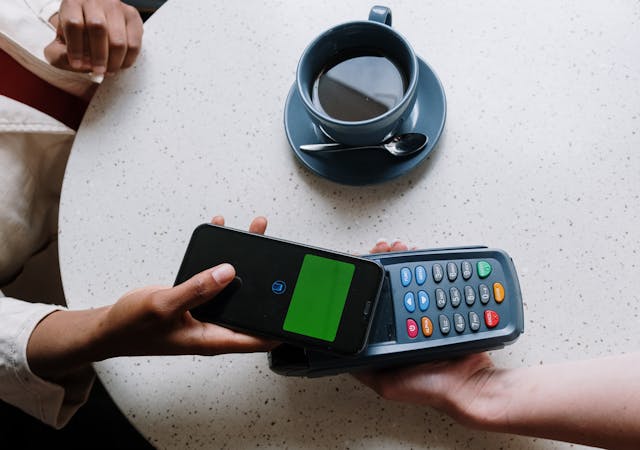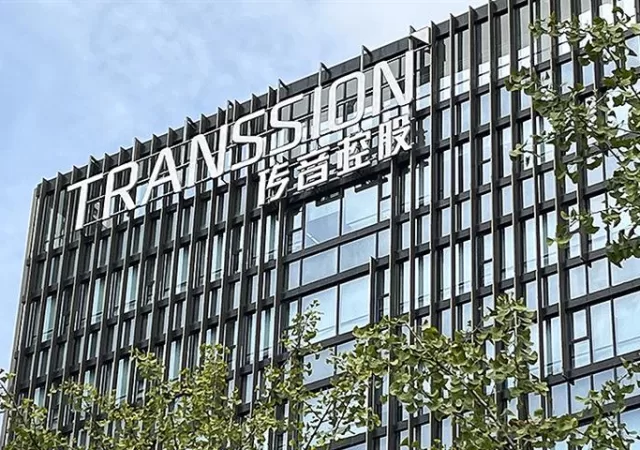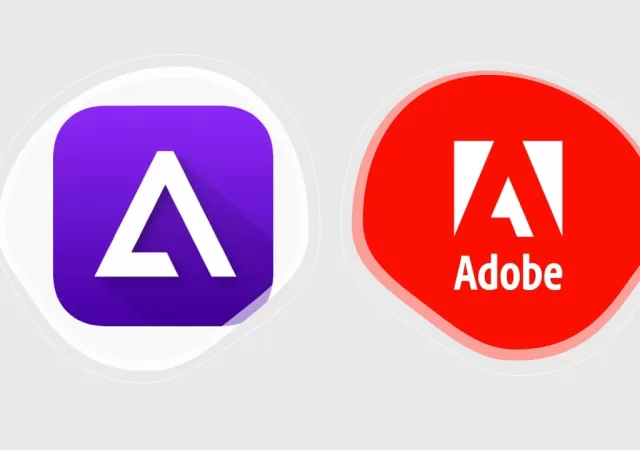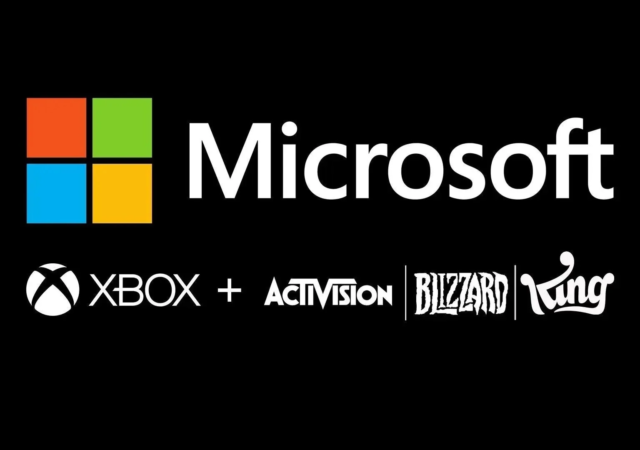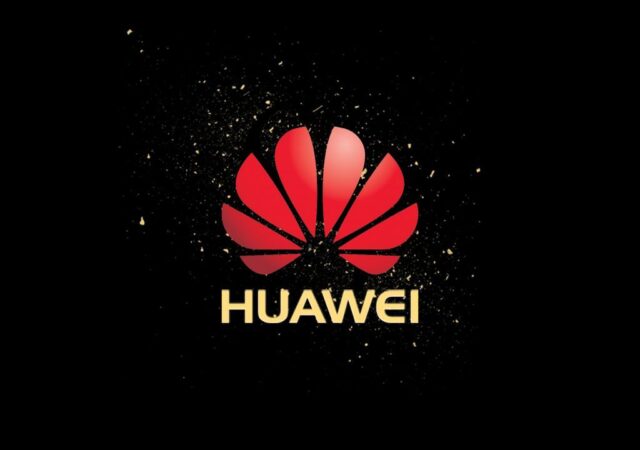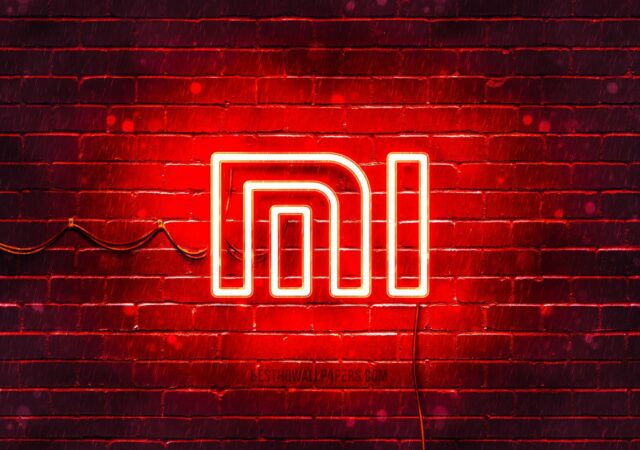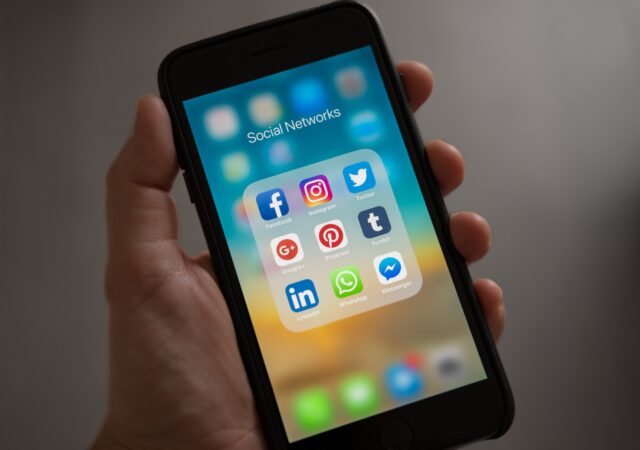Apple’s App Store fees face increased push back from developers as the company introduces new fees for developers even off the App Store.
European Union Probe Pushes Apple to Open NFC Access to Third Parties
Apple is moving to make the iPhone’s NFC open to third parties after the EU investigates it for anticompetitive practices.
Qualcomm Sues Transsion Holdings, Parent Company of Tecno and Infinix, Faces Over Patent Infringement
Tech enthusiasts and budget-conscious smartphone users might be familiar with brands like Tecno, Infinix, and iTel. These popular names belong to Transsion Holdings, a major smartphone manufacturer based in China. However, Transsion is currently facing a legal challenge from a…
Samsung Sues Oura Ahead of Galaxy Ring Launch to Invalidate Patents
Samsung has taken Oura, the company behind the Oura Ring, to court seeking to invalidate a number of its patents ahead of the launch of the Galaxy Ring.
Delta Emulator Forced to Change Logo As Adobe Goes on Offensive
Delta Emulator forced to change it logo after listing in Apple App Store as Adobe threatens Legal action.
Microsoft Merger With Activision-Blizzard Hits A Snag
The mega merger between Microsoft and video game publisher Activision-Blizzard may be under threat by the Federal Trade Commission (FTC). As first reported by Politico, their sources have stated that the FTC is ““likely to file an antitrust lawsuit to…
Huawei Facing New Limitation from U.S. Government
Huawei isn’t getting a break from the U.S. as the Biden administration tightens and streamlines licenses making things harder for the company.
Xiaomi Gets A Break From U.S. Court
Things are looking up for Xiaomi as a Judge in the District of Columbia grants the company an injunction delaying the ban.



